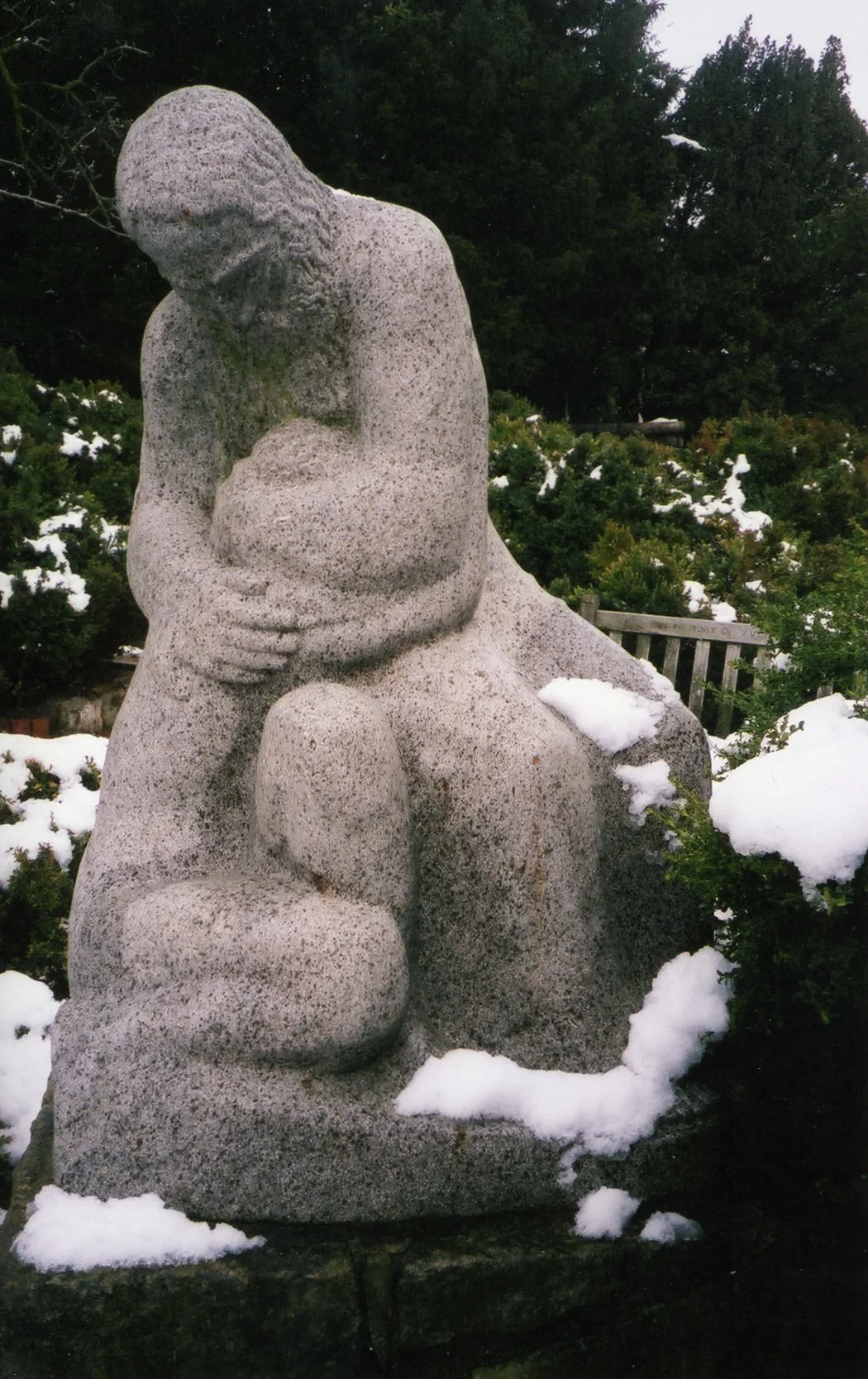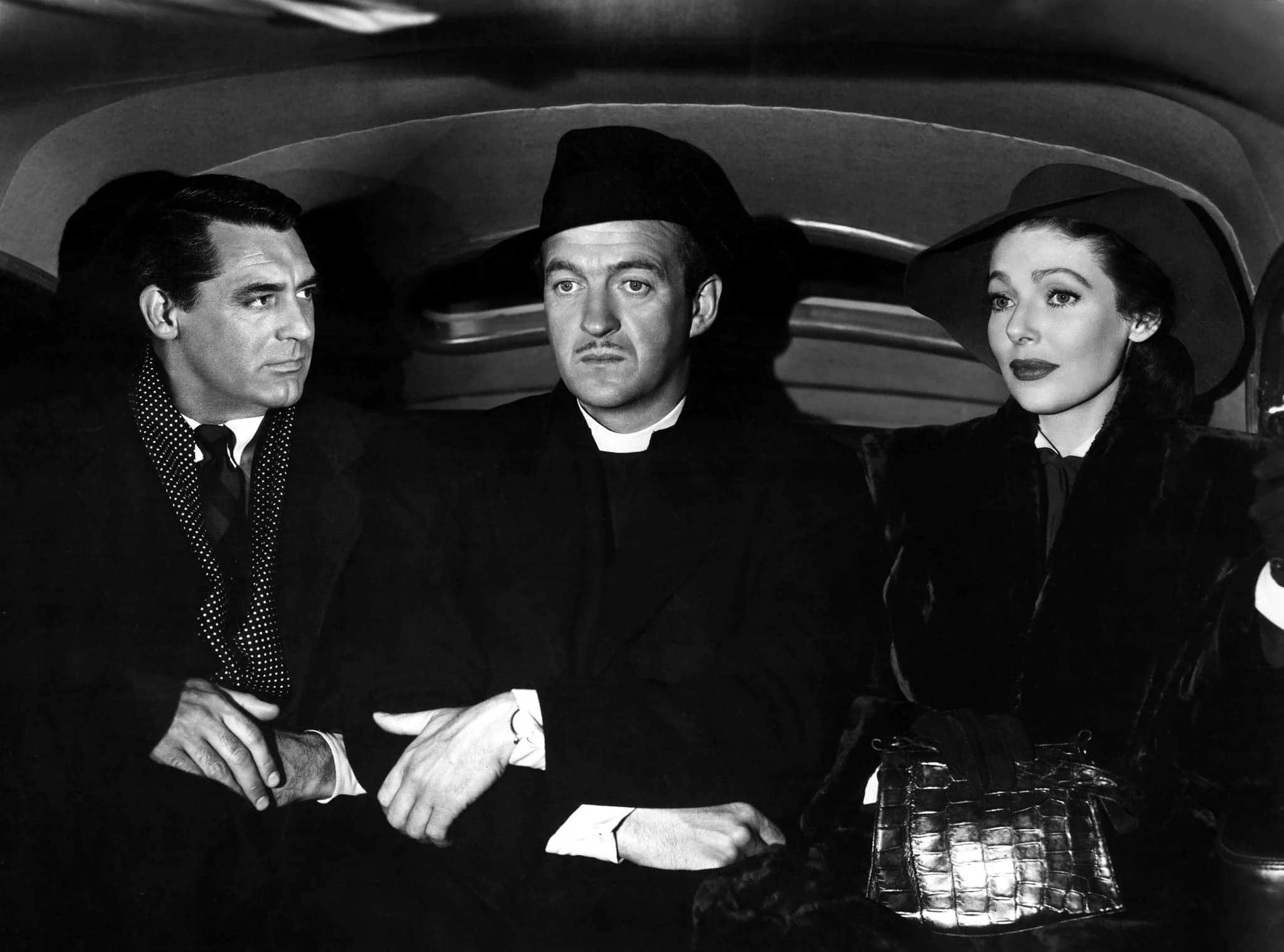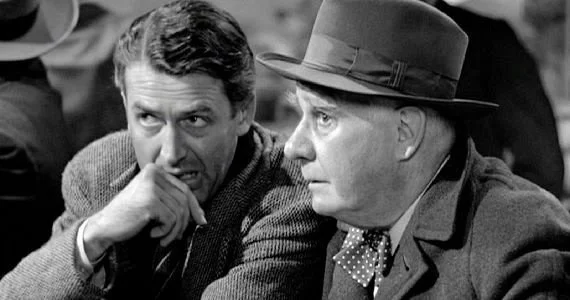Gerald May V: Willingness and Surrender
Return of the Prodigal Son. National Cathedral Washington
“The gentlest form of spiritual narcissism is the idea that one can accomplish one’s own spiritual growth. ‘I can do it.’”—Gerald G. May in Will and Spirit (HarperOne, 1982), p. 115.
In Will and Spirit, Gerald May writes about struggles in our world today and the many battles within ourselves. We will likely face issues with will, willingness, control, and surrender in our spiritual lives. Whenever we start our spiritual journey with willingness, as soon as we are aware of some spiritual growth, we become vulnerable to spiritual narcissism: the unconscious use of spiritual practices to increase our self-importance. We try to become holy, assuming we can accomplish our own spiritual growth. This becomes willfulness masquerading as willingness.
When we recognize our own self-interest in participating in charitable works, our actions and gifts will be more effectively given and received. But, on the other hand, sin occurs when self-image and personal willfulness become so vital that one forgets, represses, or denies one’s absolute connectedness and grounding in the God within us, the power who creates and sustains the cosmos and who placed in us that yearning.
May encourages us to let attachments come or go rather than constantly clinging to them. We must be aware of our need for self-importance; thus, he cautions us against immediately leaping to shore ourselves up. He places less emphasis on coping and mastery, and more on waking up to whatever is happening in the present moment.
As we surrender some of our self-importance, we make friends with mystery. Even though we may not always find God when we sacrifice our self-importance, May believes that as we lose our need for self-importance, we realize that God has already found us. We will experience more spontaneity and awareness when we are not driven to perform, and can let things flow when we no longer need to be defined through self-judgment or evaluation of our own actions.
May reminds us that spirituality cannot be a means to end our discomfort.
Spiritual growth must be a way into life, not an escape from it. God calls us to be in the world, not of the world. But, unfortunately, this side of the world may be uncomfortable.
I share this familiar statue of the Return of the Prodigal Son in the Bishop’s Garden at the National Cathedral. It is an icon of surrender and willingness for both the son and the father. They are our role models.
Joanna. https://www.joannaseibert.com/



